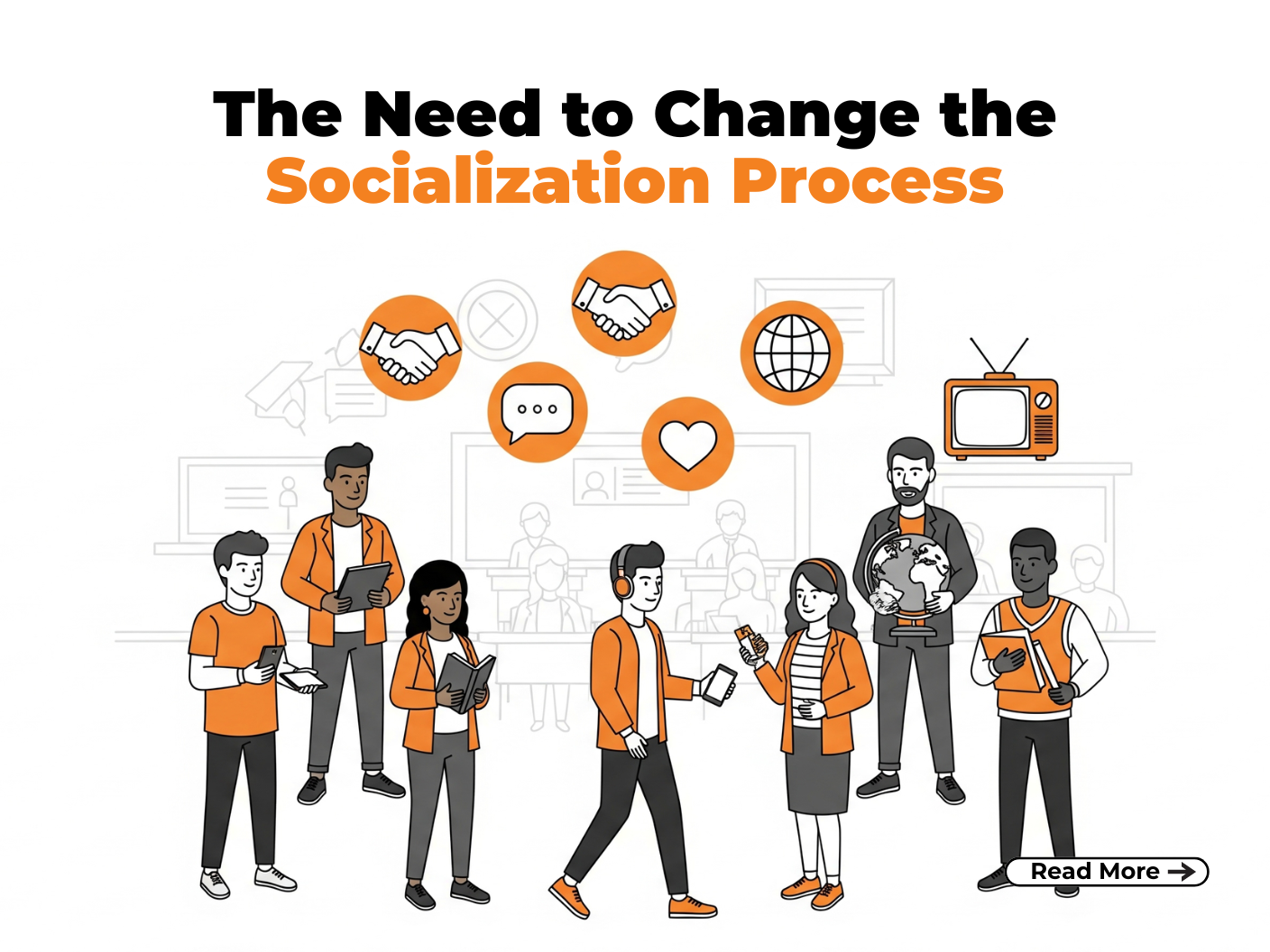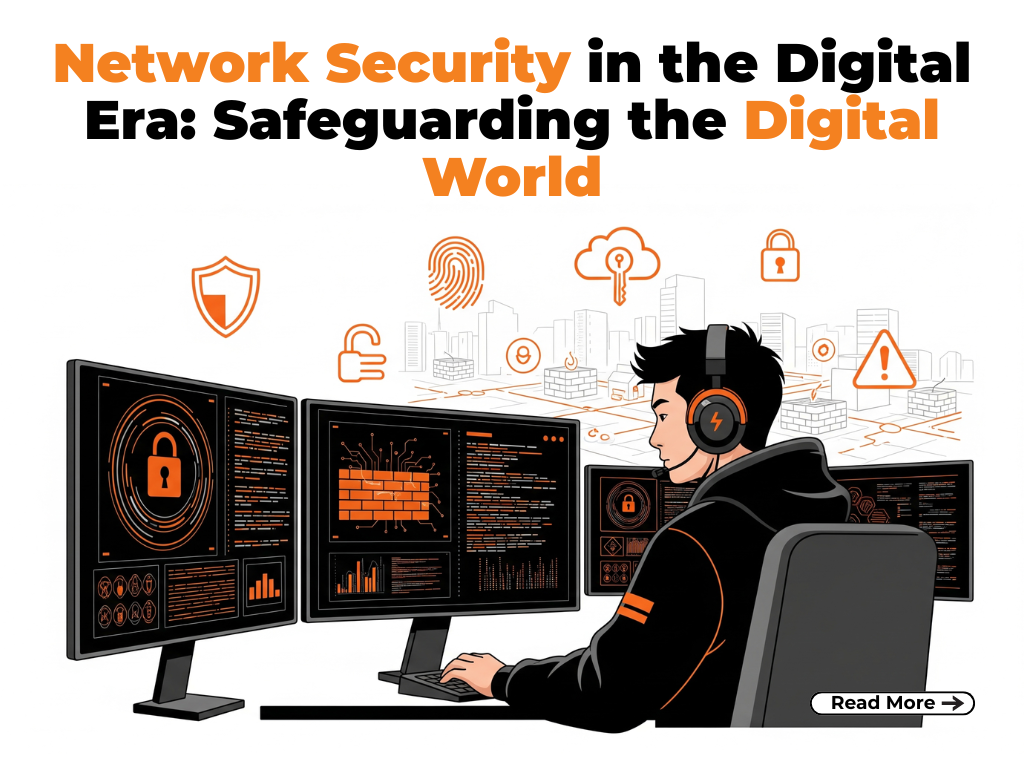Understanding how the socialization process shapes personality is essential to recognizing the deep-rooted influence of early experiences in shaping gender roles, identity, and biases. The evolution of socialization across cultures shows how societies constantly adapt or fail to adapt, to changing values and beliefs. Social institutions such as family, peer groups, religion, etc, are the primary sources of shaping people’s views on various issues. Still, through years of systematic patriarchy, sexism, misogyny, racism, and casteism, these institutions have become an agency through which various socially unacceptable views are formed, normalized, and propagated.
Over time, the values upheld by these institutions have not only reflected societal prejudices but have also played a crucial role in perpetuating them. The normalization of biased ideologies is subtly embedded into everyday practices, rituals, and expectations, making it difficult to distinguish between cultural tradition and systemic discrimination. As a result, socialization becomes less about understanding the world critically and more about conforming to long-standing norms, regardless of their fairness or relevance.
Among these institutions, the family stands out as the most intimate and influential. It is within the household that children first learn what is expected of them, not just as individuals, but as boys or girls. These early lessons become the foundation of their worldview, often reinforcing binary roles and limiting beliefs. Changing the process of socialization, therefore, must begin at home.
Since family systems are the primary agents of socialization for children, the values passed down through generations often go unquestioned. Most prominently, the patriarchal Indian family system has long promoted the idea that men must be the breadwinners and women should be the ones who look after the home and family. This case might not be true for every household, but glaring differences can be observed in the gender roles that are introduced to children from a very young age. Even in this era of activism, while progress is being made for women, many still face significant challenges in their everyday lives.
The impact of modern life on socialization is evident in the way digital platforms, media, and evolving family structures influence identity and beliefs. At the same time, social learning in the digital age has exposed children to alternative perspectives, challenging traditional roles but also adding complexity to the way values are formed.
And it is not to say that men are not faced with the same problems, they too have been equally subjected, rather, pressurised to conduct themselves in a certain way. Years of gender roles that are passed on are imbibed in the minds of young girls and boys through various norms, values, or simply through some “harmless” sarcastic jokes or social commentary.
Girls are taught to adhere to social norms that have been sanctioned by the culture in which they live. Boys are taught to own up to their masculinity rather than expressing their feelings emotionally or verbally.
From a young age, children internalize behaviors modelled by their immediate surroundings—family, school, and media—rarely questioning their validity. Girls are expected to be passive, polite, and accommodating, while boys are encouraged to be assertive, competitive, and emotionally restrained. This early conditioning not only reinforces rigid gender binaries but also leaves little space for individual expression or deviation. These roles are so deeply ingrained that stepping outside them often invites criticism or alienation.
Society as a whole sanctions these norms and asks its population to follow them without any questions. Even if we as individuals may not necessarily believe in these values or norms that are promoted, we are reluctant to raise our voices against certain taboo topics. Because we as individuals have been conditioned to fear our social institutions. And as a part of the social institutions themselves, we fear that if our opinions are not met with positive responses, we might not have a social identity, and therefore, many people decide to abide by the rules, norms, values, and gender roles.
The process of socialization has taken a slight turn in the recent years with increasing positive activism on various issues such as gender violence, rape culture, racism, sexism and many more. People have become more aware that generations of values that were passed on to them were a catalyst in creating various gender archetypes.
The process of socialization has to be redefined and reformed by the needs of the age in which we live. New norms and ideals have to be formed, defined, and normalized for the future generation, and it is the responsibility of not only the so-called “Gen Z” or the “millennials” but of the “boomer” generation as well. Norms that have been acceptable for years, rather, decades, have to be changed, and new norms and rules to regulate the functions of a society that are in accordance with time have to be brought in. And the way we can achieve this is to bring reform in our primary sources of socialization – that is, our social institutions.
Socialization has been impacted by growing awareness and activism around long-ignored societal issues like gender-based violence, toxic masculinity, and systemic discrimination. These movements have encouraged individuals to question the ideals and values they have inherited and to recognize how these have silently shaped rigid gender roles and expectations. There is now a collective consciousness emerging that the traditions passed down through generations, while normalized, have contributed to deeply rooted inequalities. This shift in awareness marks a turning point in how people perceive their roles within society and how they influence the next generation’s understanding of identity and equity.
It’s time we openly discuss the need for change in the socialization process and commit to rethinking how we socialize children. Only by adapting social norms for the future can we address the modern challenges in social development and promote equality across all levels of society.
To truly address these outdated constructs, socialization must evolve with the times. Social institutions—families, schools, media, and religious bodies—must begin actively challenging harmful stereotypes and normalizing inclusive practices. Redefining what is acceptable and valued in society is a shared responsibility across all generations. Only then can we ensure that the values we pass forward reflect justice, empathy, and equality.














